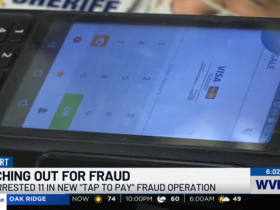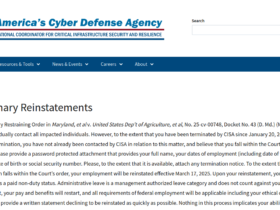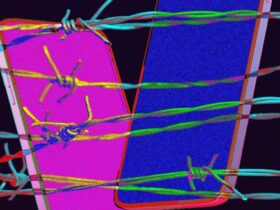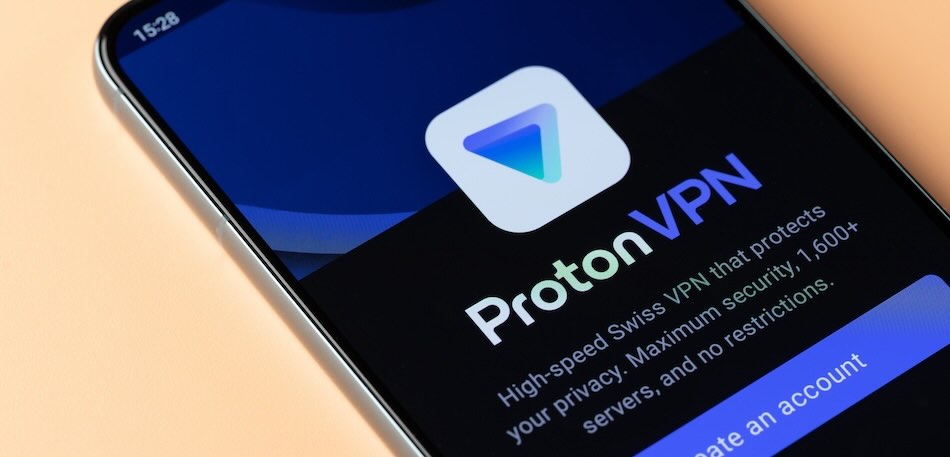
Proton VPN has rolled out a series of updates today aimed at countering censorship and protecting free speech even on the world’s most challenging locations.
Proton VPN says its latest updates strengthen its dedication to promoting free speech and combating online censorship. David Peterson, General Manager of Proton VPN, highlighted in the announcement the increasing need for robust anti-censorship tools during times of geopolitical turbulence such as the disputed presidential election in Venezuela and anti-government protests in Bangladesh, where Proton VPN saw a significant surge in sign-ups.
These instances underscore the critical role of VPNs in maintaining access to information and communication during periods of governmental crackdowns, and Proton’s latest updates are geared towards this mission.
Discreet Icon on Android
A highlight in the latest announcement is the Discreet Icon feature for Android users, allowing users to disguise the Proton VPN app, enhancing privacy and security in authoritarian regions. Users can now customize the Proton VPN icon to have any name and appear as an unrelated application like a calculator or a weather app.
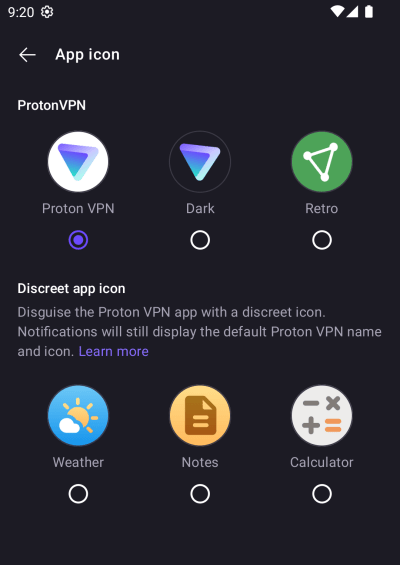

This is crucial for users in authoritarian countries where having a VPN app on their phone can be incriminating, leading to arbitrary detentions, confiscation of the smartphone for deep forensic analysis, and legal prosecution. By allowing the app to masquerade as an innocuous application, users can avoid drawing unwanted attention to their use of VPN services during physical inspections.
Stealth Protocol on Windows
The Stealth protocol, already available on iOS, Android, and macOS, is now extended to the Windows app. The Stealth protocol uses obfuscation techniques to make VPN traffic appear as regular HTTPS traffic, thereby bypassing sophisticated censorship mechanisms employed by authoritarian regimes.
Not only can users now browse freely on networks where deep packet inspections abound, but they can be confident that their use of VPN will remain a private affair, as their traffic should remain indistinguishable from normal internet traffic.
New servers in 12 countries
On the infrastructure front, ProtonVPN announced it has now deployed new servers in Afghanistan, Bahrain, Eritrea, Ethiopia, Iraq, Kuwait, Libya, Saudi Arabia, Sudan, Tajikistan, Turkmenistan, and Yemen, twelve countries at the bottom of the Freedom House Index and the Democracy Index.
This expansion leverages Smart Routing technology, which uses nearby servers to simulate the IP address of the target country. Users can connect online through these servers and appear as if they are connected from their base country, while still enjoying the complete set of Proton VPN’s security and privacy features, with only a small speed drop. For more info on which locations are supported by Smart Routing, visit this page.





